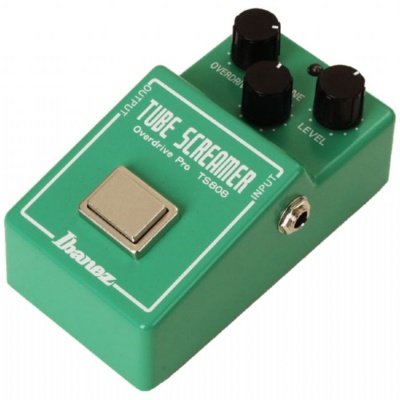Effect: Difference between revisions
Amwelladmin (talk | contribs) No edit summary |
Amwelladmin (talk | contribs) No edit summary |
||
| Line 2: | Line 2: | ||
An [[effect]] is, ''always'', a [[noun]]. One may speak of the '''rainbow effect''', '''special effects''' or, if one is a fan of the [[electric guitar]], an '''effects pedal''' like Ibanez’s [[Tube Screamer]]<ref>{{google|tube-screamer}}.</ref> or Jim Dunlop’s [[Cry-Baby Wah-Wah]]<ref>{{google|Jim_Dunlop_Cry-Baby}}.</ref>. | An [[effect]] is, ''always'', a [[noun]]. One may speak of the '''rainbow effect''', '''special effects''' or, if one is a fan of the [[electric guitar]], an '''effects pedal''' like Ibanez’s [[Tube Screamer]]<ref>{{google|tube-screamer}}.</ref> or Jim Dunlop’s [[Cry-Baby Wah-Wah]]<ref>{{google|Jim_Dunlop_Cry-Baby}}.</ref>. | ||
Put those two puppies together: now ''that’s'' an effect. | Put those two puppies together: now ''that’s'' an “[[effect]]”. | ||
But one must ''not'' use [[effect]] as a {{tag|verb}}, even as a space-filler, however clamorously your inner [[Mediocre lawyer|articled clerk]] implores you to. “Effect” is the weakest {{tag|verb}} in the English language. Whatever you are intending to “[[effect]]” is almost certain to be a [[nominalisation]] of a stronger, better [[verb]]; one better suited to the task you have in mind. | But one must ''not'' use [[effect]] as a {{tag|verb}}, even as a space-filler, however clamorously your inner [[Mediocre lawyer|articled clerk]] implores you to. “Effect” is the weakest {{tag|verb}} in the English language. Whatever you are intending to “[[effect]]” is almost certain to be a [[nominalisation]] of a stronger, better [[verb]]; one better suited to the task you have in mind. | ||
Revision as of 23:03, 27 March 2020
|
Towards more picturesque speech™

|
An effect is, always, a noun. One may speak of the rainbow effect, special effects or, if one is a fan of the electric guitar, an effects pedal like Ibanez’s Tube Screamer[1] or Jim Dunlop’s Cry-Baby Wah-Wah[2].
Put those two puppies together: now that’s an “effect”.
But one must not use effect as a verb, even as a space-filler, however clamorously your inner articled clerk implores you to. “Effect” is the weakest verb in the English language. Whatever you are intending to “effect” is almost certain to be a nominalisation of a stronger, better verb; one better suited to the task you have in mind.
Why say “effect the conversion of shares” when you mean “convert the shares”?
Why say “effect the delivey of a notice” when you mean “deliver a notice”?
Why say “effect the butchery of a perfectly good sentence” when you mean -
Well, you get the point.
See also
- Nominalisation
- Nouns and verbs in their proper place.